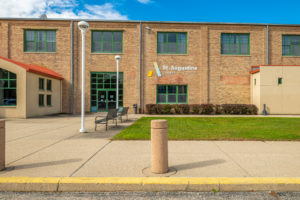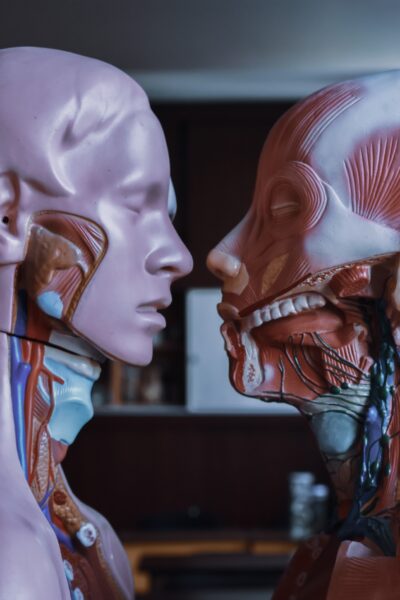Courses Required for Respiratory Therapy
What Can I Expect From A Respiratory School Near Me?
Schooling for respiratory therapists is about helping the next generation of technicians in a rapidly growing sector of the healthcare industry by providing these respiratory therapy students with the knowledge needed to evaluate and treat cardiopulmonary health issues. You can expect the requirements for respiratory therapy to be thorough and advanced by providing both hands-on and more lecture-based courses. Besides the fundamental healthcare knowledge needed to be part of the healthcare industry, you will also acquire bedside experience and problem-solving skills that will help your potentially diverse selection of patients from newborn children to the elderly.
What is the Education for a Respiratory Therapist?
With the minimum requirement being an associate’s degree in respiratory therapy, a respiratory therapy course can cover a wide variety of subjects. These respiratory therapy classes will be taken in the classroom, the laboratory, and through diverse clinical site practicum. The goal of schooling for respiratory therapists is to prepare students with competence in three domains of respiratory care practice: cognitive (knowledge), psychomotor (skills), and affective (behavior). These respiratory therapy courses prepare you to be competent in these domains and can be useful for a variety of careers in and out of the medical field.
Microbiology
As a fundamental course for most respiratory therapy students, microbiology gives you a deeper knowledge of microorganisms, with an overview of their structure, function, growth, reproduction, genetics, and more. In microbiology, you will also learn about bacterial mutants, such as viruses and other diseases that you might see in the medical field and will be responsible for treating.
Pharmacology
As the study of medications, pharmacology is a crucial part of any healthcare worker’s education. Not only will you have a deeper understanding of medications, but you will also know their sources, chemical properties, biological functions, and therapeutic uses. These transferable skills, such as research, oral and written communication, attention to detail, and more, are requirements for respiratory therapy because they can be utilized by a respiratory therapist on a daily basis, and may even help save lives.
Human Anatomy and Physiology
Crucial for the study of medicine, human anatomy, and physiology are respiratory therapy courses that will help you gain an understanding of the causes, diagnosis, and treatment of diseases. While this is a diverse subject, you will most importantly acquire a working knowledge of how diseases develop inside the body and how you can identify the symptoms.
Respiratory Therapy Clinical Practicum
One of the more hands-on respiratory therapy classes in the program, your respiratory therapy clinical will put your knowledge to the test. These classes start as an introduction to the clinical environment of a hospital, helping to get you comfortable and make sure you are oriented to the respiratory department. Here you will learn how to handle basic respiratory therapy equipment, patient assessment, modification of therapy, and much more.
Where Can I Get an Education in Respiratory Therapy with a Flexible Schedule?
At St. Augustine College, our associate’s in respiratory therapy is a two-year program that can help you get a medical career jump-started in an on-demand and ever-growing profession. Your training in our respiratory therapist classes will prepare you to provide specialized diagnostic and therapeutic procedures, and this accredited diploma will guarantee you have training with equipment and a variety of other patient-focused hospital experiences.




